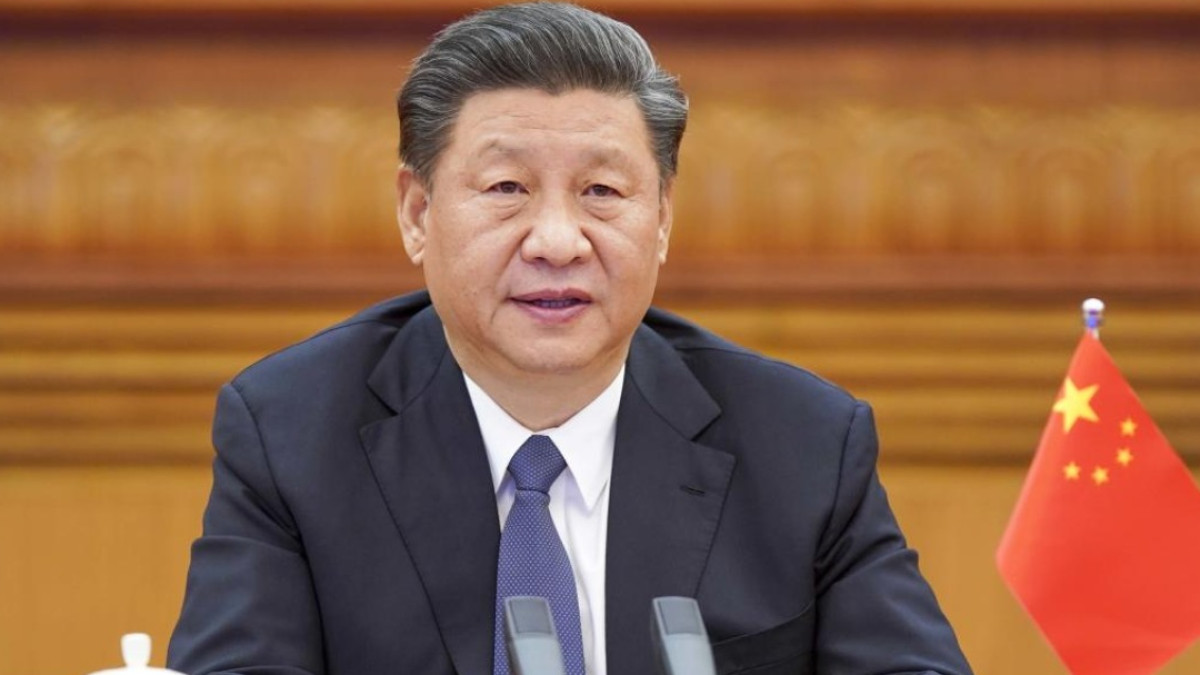


Given that the world’s fight against climate change depends primarily on the greatest emitter giving up its coal addiction, President Xi Jinping’s absence from the 27th United Nations Climate Change Conference (CoP27) threatens the climate negotiations.
The leader of the World’s most populous country did not attend the summit, the organisers confirmed before the summit.
However, China has pledged to cut its carbon intensity, or carbon emissions per unit of GDP, by almost two-thirds by 2030 compared to 2005 levels. And it will achieve carbon neutrality by 2060, which entails reducing its carbon dioxide emissions to almost zero.
China might use coal, a cheap energy source, to help it reach this aim. Sophie Lu, the director of Rhodium Group’s China office, cautioned against the “misconception” that Beijing’s answers to issues with short-term inflation and energy stability represent a retreat from its pledges to combating climate change.
“What the international climate community is disappointed with is that China did not immediately go to zero new coal build from 2020 onwards,” she says.
“It is a fair criticism that China could and should be building less new coal earlier. But what we need to remember is, Xi never promised this. That was never the plan.”
According to the Financial Times, China Dialogue, a nonpartisan organisation, recently noted that in 2021, carbon intensity decreased 3.8% while GDP increased by 8.1%.
Earlier, during the 20th National Congress’s opening speech, Xi stated: “By encouraging the use of clean, low-carbon, and high-efficiency energy, we will promote the clean and low-carbon transition in the building, transportation, and other sectors. The energy revolution will make substantial progress. Greater efforts will be made to find and manufacture petroleum, while cleaner and more efficient methods of using coal will be used instead.”
This assertion demonstrates that Xi is attempting to alter its gas emission. This one mention of coal should serve as a warning that previous efforts to reduce China’s reliance on coal failed.
The implication is that deviating from those objectives won’t have much of an impact because future coal consumption will become “cleaner and more efficient.”